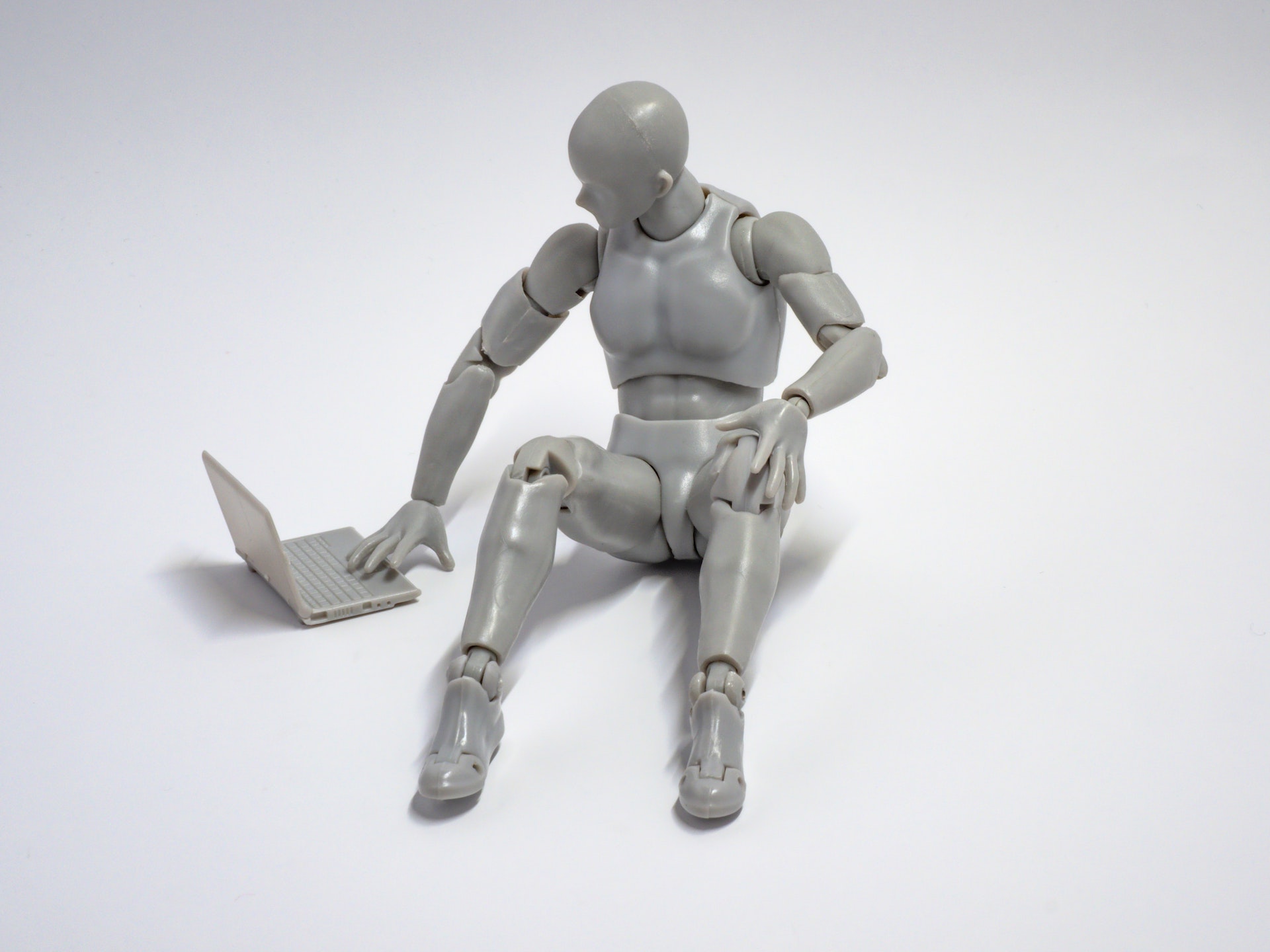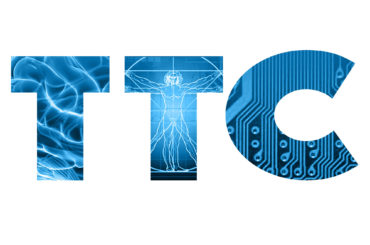Ghislaine Boddington is an award-winning artist, curator, director and presenter, specializing in the future human, body responsive technologies and immersive experiences. She is co-founder and Creative Director of body>data>space, a pioneering interactive creative design collective who have advocated for the living body to be at the heart of the digital debate since the early 1990s. With a background in dance and performing arts and a long-term focus on the blending of our virtual and physical bodies, she engages in highly topical and future digital issues for our living bodies, including personal data usage, identity and representation of the self, connected body enhancements, digital intimacy and collective embodiment of the future.
Ghislaine is a headline speaker at this year’s TransTech conference Nov. 13-14.
You’ve been a vocal advocate for personal data ownership for years. How has the rhetoric around data privacy shifted this year?
With rising awareness about contact tracing and health tracking apps, I think personal data ownership has become one of the major themes this year. We are all aware that corporate advertisers are buying our identity data en mass, and have been for many years. But much more important at this time is our biometrics and biosignals data, highly valued for the needs of the behavioral economy to create ‘predictive’ scenarios about our lives. We are increasingly encountering eye tracking, facial recognition, motion, gesture, location, gait and other full body data led technologies in our daily lives and much of this bio-data is gathered from us “invisibly”, with private companies harvesting our information and selling it to others without our knowledge. For me this leads to questions about identity and self-hood and how we will see our responsibility in the world if we are ‘owned’ by others. You may end up in this scenario where you’re separated from your own responsibility because the data is you, but it’s acting independently as it has been bought, sold on and used in numerous different ways. Medical data is regarded the most private of all data by the public, and as we begin to be aware how much this data gives away about us I think, and in particular in relation to contact-tracing apps, data privacy is becoming understood as a big issue across society. Should these apps function based on centralized or decentralized systems, use Bluetooth to monitor contacts etc? Not everyone is prepared to hand over their personal data to their governments or health sector servers.
So one of the big problems to solve is actually how to technically enable the kind of encryption that gives people privacy?
Companies on the leading edge of this are the ones who are working in biotech, for example biomedical implant architectures. I’m working with a number of companies that are particularly focused on the back-end encryption of implants and subdermal technologies. I have actually got a small medical implant in my hand, an Impli Caspian, which is linked to an app. On the front-end, I have my personal details which can be read in case I get picked up in an emergency. The back-end is private. At the moment it holds medical information but ultimately, it’s going to be like a passport. We are going to be able to hold our own data within our own bodies – not on a wearable that can be taken away from us – and our data will belong to us. We will have the choice to share our data anonymously into crowdsourced tech to benefit the community. COVID is a prime example, but we need it for many other reasons, including climate change, health and wellbeing and regional development needs. But we also should have a choice to charge for the information if we want to. Today we have reached a point in time where, finally, the body is the interface, which is exactly what I have believed in for years. That technology is meant to work for us, it’s meant to complement us and enable us to be enhanced in the world. But we have many companies creating products and services where their key revenue stream is coming from the sale of the personal data gathered at the back end of these innovations, and that’s a major problem to turn around in the next few years.
What are your thoughts about data unions that would allow companies to pay users for their data so they can develop better products without making that trade-off in order to survive?
I think data unions are absolutely looking down the right road. And there is a lot of interest, even if the methodologies within these unions are still in evolution. When I am consulting companies, I always tell them that if they are developing any technology that has got a body interface, they must place a body expert at the core of it, be it a neurologist or a biologist or a dancer or a sports person, depending on the emphasis of their product or service. Every company, whatever size, should have a mission statement around the use of our personal data and what their data ethics about our security and our safety are. You’ve got to know, from the founding point of the company, how it is you are working with people’s personal data, and be transparent about this upfront. Because the next generations are already asking many more questions about the products they buy and how the data is used, and about the companies they work for and what they are doing with our data. On the other hand, companies that have considered and debated these trust issues have managed to get their personal data ethics in the right place, and are putting this on their websites now – not in long T&Cs but as simple upfront statements.We, as a company, will not misuse your data without talking to you.” This is becoming a unique selling point for a consumer looking at six or seven sites to decide which company to use; that’s what I believe. So I think we’re on quite a shift.






1 Comment
Pingback: Why The Next Decade Will Be Our Best One Yet – Transformative Technologies Conference